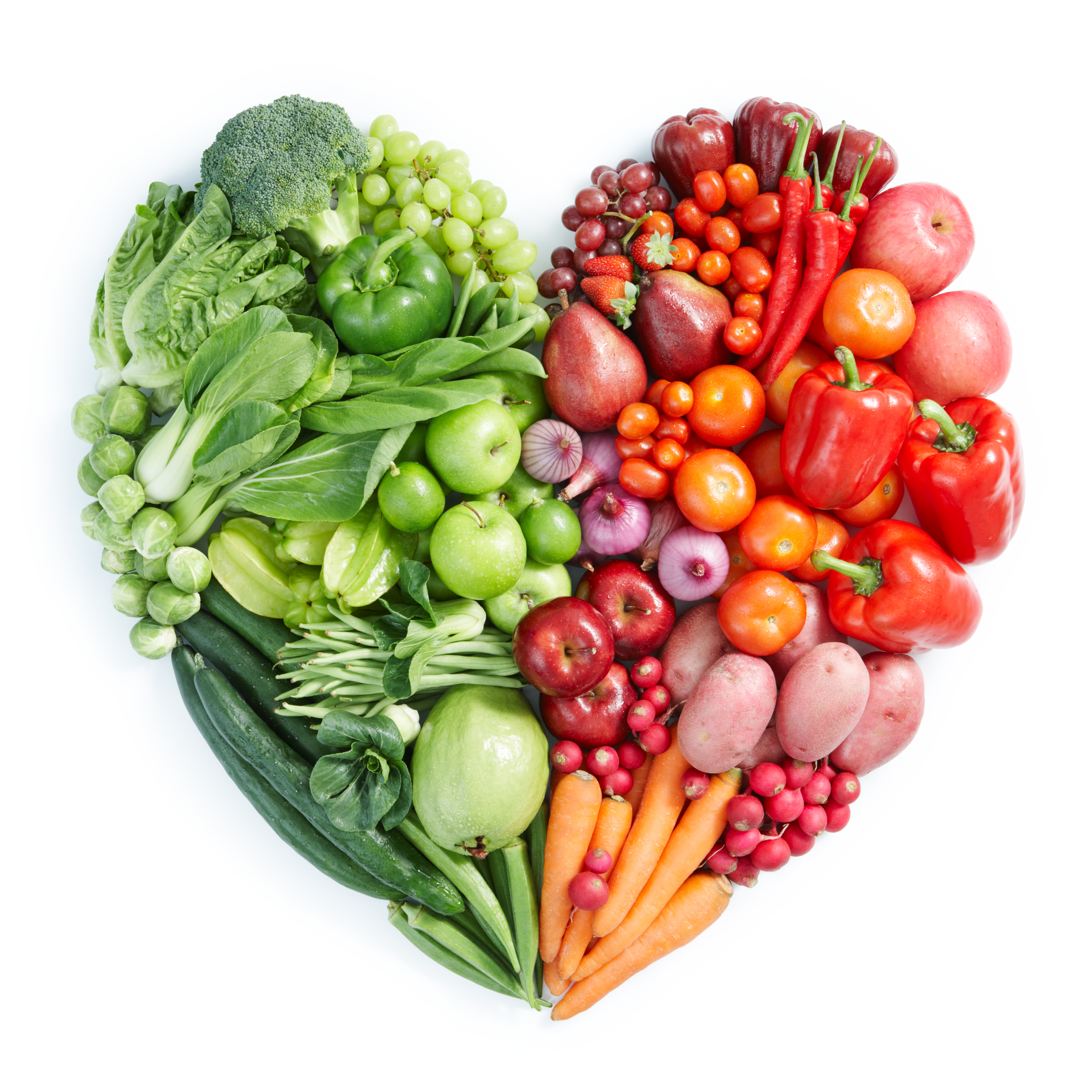The incidence of type 2 diabetes and prediabetes continues to rise in this country. Weight loss through healthy eating, physical activity, and good sleep habits can help manage and in some cases, reverse the condition. However, consumption of highly processed foods is not declining, contributing to our population growing heavier each year.
There are different dietary approaches to promote weight loss and good health. A majority of them emphasize eating a low-carbohydrate diet. This month, my focus will be on a plant-based diet that, despite being high in carbs, contributes to weight loss and can push diabetes into remission.
A plant-based diet has been shown to be nutritionally adequate, healthful and an aid to prevent and treat some diseases. Studies show that individuals who eat a plant-based diet:
· are at lower risk for diabetes, obesity, high blood pressure, cardiovascular disease, and some types of cancer,
· experience improved blood sugar levels, cholesterol, insulin resistance, reduced inflammation, regular bowel movement, weight loss, and reduced need for medication,
· eat a diet lower in calories, rich in nutrients, low in saturated fat and high in fiber,
· eat a diet high in carbs yet lower their risk of diabetes. (This seems to contradict the fad diets’ aversion to carbs as if they are toxic.).
So, what does a plant-based diet consist of?
· A plant-based diet consists of whole grains, beans or legumes, fruits, vegetables, nuts, and seeds.
· It doesn't include refined carbohydrates or highly processed carbs such as potato chips, dessert-type foods, cookies, pastries, ice cream, or sweetened beverages.
· Because a plant-based diet doesn't include highly processed foods, it is high in fiber and lower in calories. Usually, it includes 40g or more of fiber a day. A person is eating more food, but fewer calories.
· Legumes such as beans, peas, lentils, and nuts are the primary source of protein and fiber. They also have a low glycemic index.
· Soy products such as edamame, tofu, tempeh contain high-quality protein and are excellent meat substitutes.
How to begin your plant-based diet
· Start with one or two days of the week. Try to eliminate all processed foods and animal products from your diet on that day.
· Use fruit, veggies, edamame, or nuts for snacks instead of chips, granola bars or other highly processed snacks.
· Cook a big pot of beans or soup once a week and include lots of vegetables in it. Choose a variety of vegetables with different colors. Each color will provide a different antioxidant.
· Talk with your registered dietitian for guidance and ideas on meal preparation. Remember that you should always supplement a plant-based diet with vitamin B12 as it is available in animal foods only.


